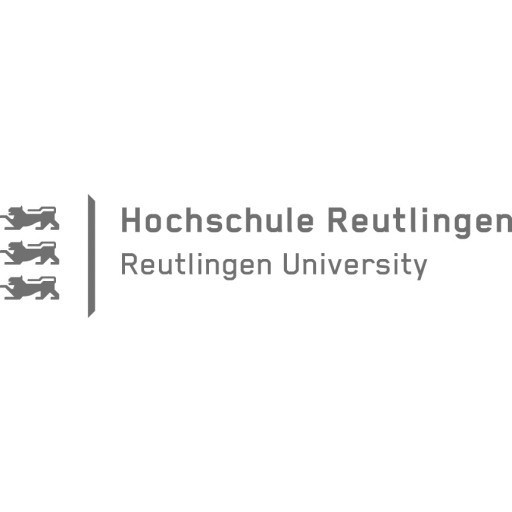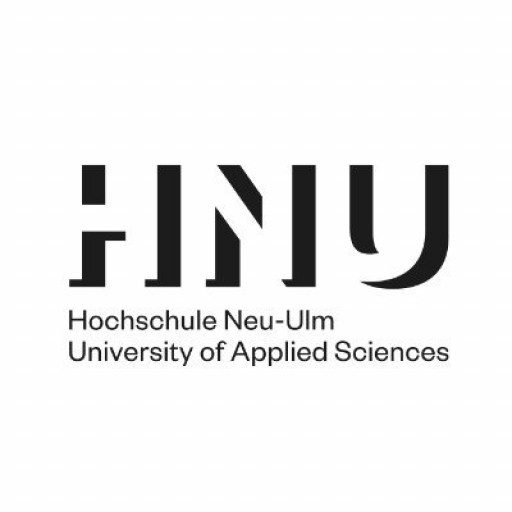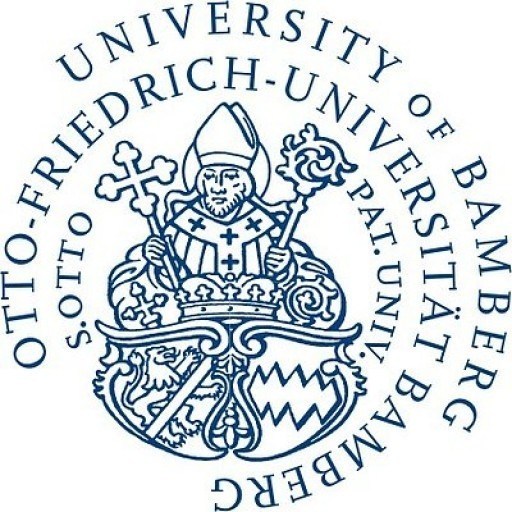Photos of university / #ism_hochschule
International Logistics and Supply Chain Management at the International School of Management is a comprehensive degree program designed to prepare students for the dynamic and globalized world of logistics, transportation, and supply chain operations. This program focuses on equipping students with the theoretical knowledge and practical skills necessary to manage complex supply chains efficiently and effectively, ensuring the seamless movement of goods and services across international borders. Throughout the course, students will explore core topics such as procurement, inventory management, transportation strategies, warehouse management, and information systems, gaining insight into how these elements integrate within a global supply chain. The curriculum emphasizes the importance of strategic planning, risk management, and sustainable practices in modern logistics operations. Additionally, students will develop leadership and problem-solving skills essential for careers in logistics management positions in multinational companies, shipping firms, manufacturing industries, and distribution centers. The program combines classroom learning with practical projects, internships, and case studies to foster a real-world understanding of logistical challenges and innovative solutions. By engaging with industry experts and participating in international exchange opportunities, students will enhance their global perspective and cultural awareness, which are critical in managing cross-border logistics operations. Graduates of this program will be well-positioned to pursue careers such as supply chain analyst, logistics coordinator, procurement manager, and transportation planner, among others. They will be prepared to contribute to the efficiency, sustainability, and strategic development of logistics networks worldwide. The program aims to produce professionals who not only understand the technical aspects of logistics but also possess the managerial acumen to lead and innovate in the rapidly evolving global supply chain landscape.
Educational organisation
The first semester focuses on familiarising students with the fundamentals and characteristics of the transport and logistics industry. The Transport Basics module is devoted to the analysis of business modes, models of land and sea transport, aviation, and infrastructure management. In the Process Management in Transport and Logistics module, key processes in logistics will be examined and quality management measures identified. The General Management in Transport and Logistics module offers a comprehensive insight into management methods and the human resources management of institutions and organisations operating in the transport and logistics industry. The first semester is completed with the Leadership Skills module, which provides students with in-depth knowledge of cross cultural management as well as negotiation, communication, and executive presentations.The second semester focuses on specialisation. The Advanced Transport and Logistics Management module presents forecasting, capacity planning, and network management methods used in the transport industry. Furthermore, the module offers an insight into yield management and pricing as well as the industry specifics of marketing. The Finance and Risk Management in Logistics and SCM module presents management tools used for controlling and their applications in the transport industry. The Methodologies in Logistics and SCM module sharpens the students' analytical skills by providing them with an overview of quantitative methods, operations research, big data analytics, and scientific work. The necessary knowledge of the political, legal, social, and technological framework governing the transport and logistics sector is offered in the International Business in Logistics and SCM module. The second semester concludes with a consultancy project that focuses on trends and business challenges in logistics and supply chain management.
During the semester abroad, students will develop and expand their intercultural competencies and enhance their language skills. The semester abroad will be held at one of the ISM partner universities in Europe or overseas. In order to deepen their industry knowledge, students will be able to take courses in the areas of aviation management, maritime logistics or railway planning and operations, with reference to their chosen economic region.
The programme concludes with the successful completion of a Master's thesis.
Study abroad unit(s)
Participants spend the third semester of the programme at one of the ISM partner universities in Europe or overseas.Internships
A 12-week compulsory internship during the first and second semesters guarantees a high level of practical relevance.Language requirements
Applicants should provide proof of English proficiency through one of the following:- TOEFL - minimum 80 points (Internet-based)
- at least 30 ECTS in a university programme conducted exclusively in English
- university degree in English studies
- native speaker of English (to be evaluated on an individual basis)
Academic requirements
The prerequisite for admission is a completed degree (in a programme lasting at least six semesters with a minimum of 180 ECTS) with above-average grades conferred by- a university or
- college or
- an international university of comparable rank
Students must have previously taken examinations in one of the following subjects:
- business studies and/or economics with at least 60 ECTS points
- logistics systems and/or transportation with at least 40 ECTS points
- mathematics and/or statistics with at least 40 ECTS points
- geography with at least 40 ECTS points








